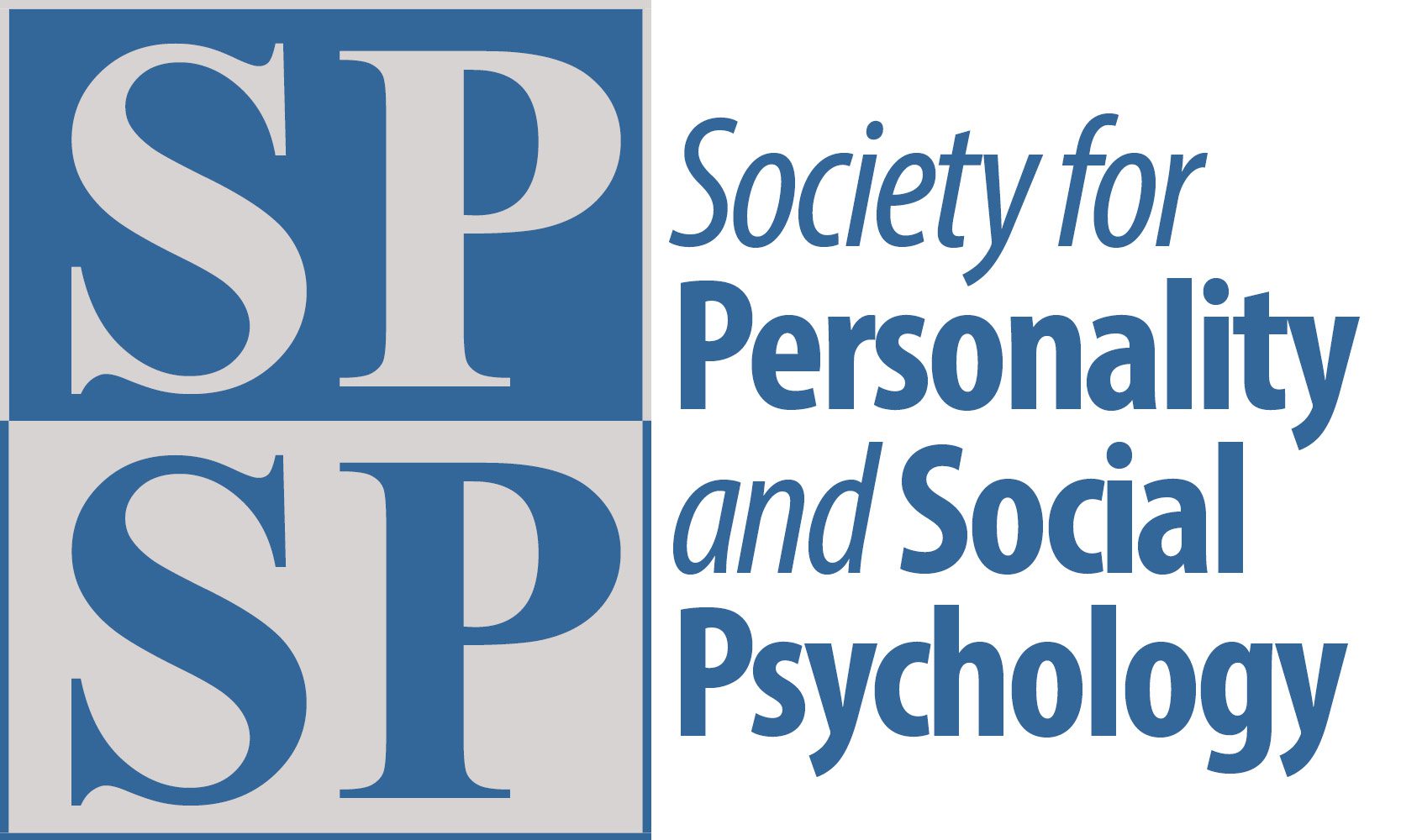Psychology of Well-Being: Call for Publications
March 1, 2015 by Shannon
March 15th 2015. Positive Computing: A new partnership between psychology, social sciences and technologists Psychology of Well-Being [www.psywb.com] is inviting submissions for a special issue of the journal that will be dedicated to the topic of Positive Computing. The decades between 1970 and 1990 saw the creation and blossoming of a partnership between many disciplines around...
Continue Reading
